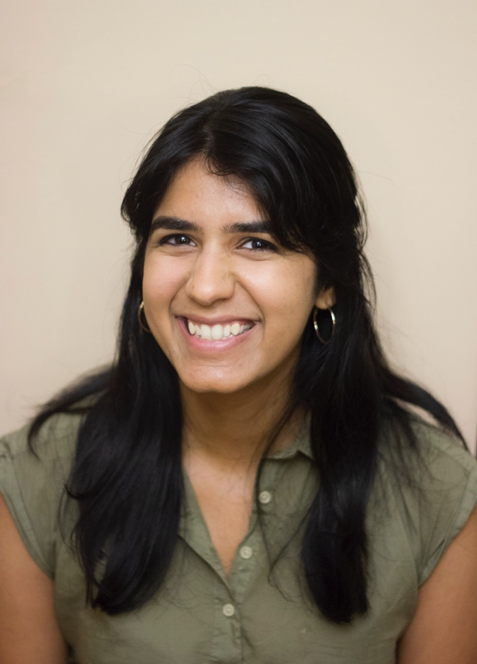Archana is a senior from Illinois majoring in History, with a concentration in World History. Her main academic interests are in global and imperial history, with special focuses on race, gender, and cultural representation. As part of the Penn and Slavery Project, she has worked on the development of its augmented reality historic tour of Penn’s campus, and she has also written on the history of race and science in nineteenth century United States and Europe. Archana currently serves as chair of the History Student Society and is an undergraduate fellow at the Andrea Mitchell Center for the Study of Democracy and the Center for the Study of Ethnicity, Race, and Immigration. In addition to research, she enjoys curating art exhibitions, volunteering with the Philly Food Trust and urban farms around the city, and going crate digging for records with her friends.
Archana Upadhyay
Wolf Humanities Center Undergraduate Fellow
2019—2020 Forum on Kinship
Archana Upadhyay
History
“That More Peculiar Institution”: British Perceptions of Slavery in the Ottoman Empire During the Age of Abolition
This project examines the abolition of slavery in the Ottoman Empire within the broader context of global abolitionism in the nineteenth century. Much of this historiography has framed British anti-slavery efforts there as a small chapter in a long progression of humanitarian successes that abolished the global slave trade throughout the long nineteenth century. I argue that during this period, local circumstances heavily shaped British antislavery policy and understandings of slavery. These contingencies, as a result, expose the paradoxes and challenges within the principles of Victorian British antislavery ideology in a global conception. I do this by exploring the multiple contexts of British perceptions of Ottoman slavery and freedom, focusing on geopolitical concerns and changing imperial goals; the development of theories on scientific race, civilization, and human rights; and Victorian attitudes towards gender, sex, and structures of kinship.



